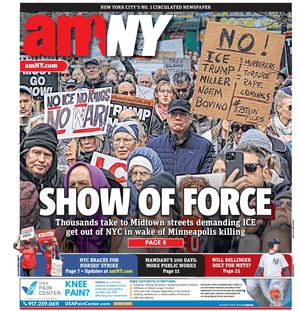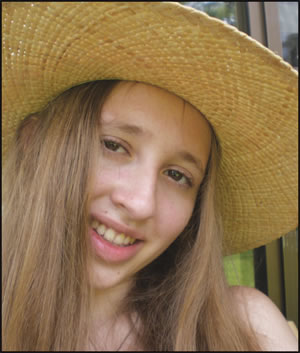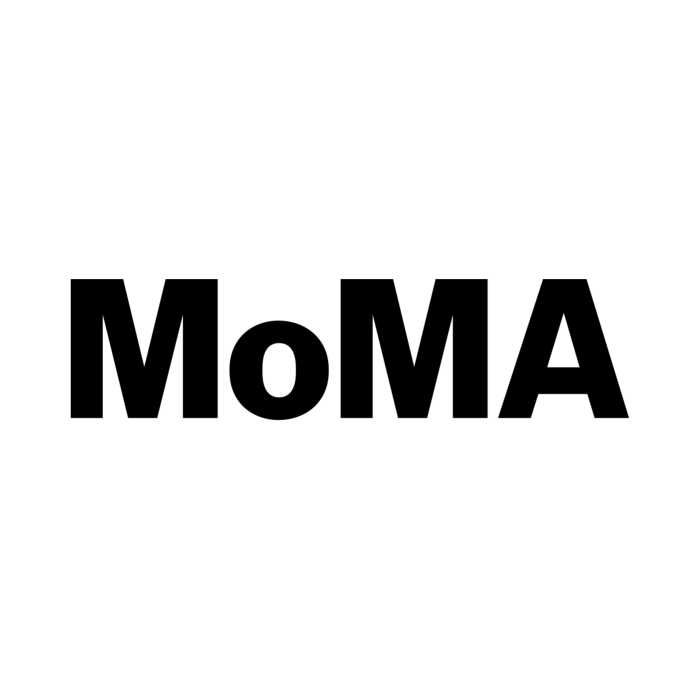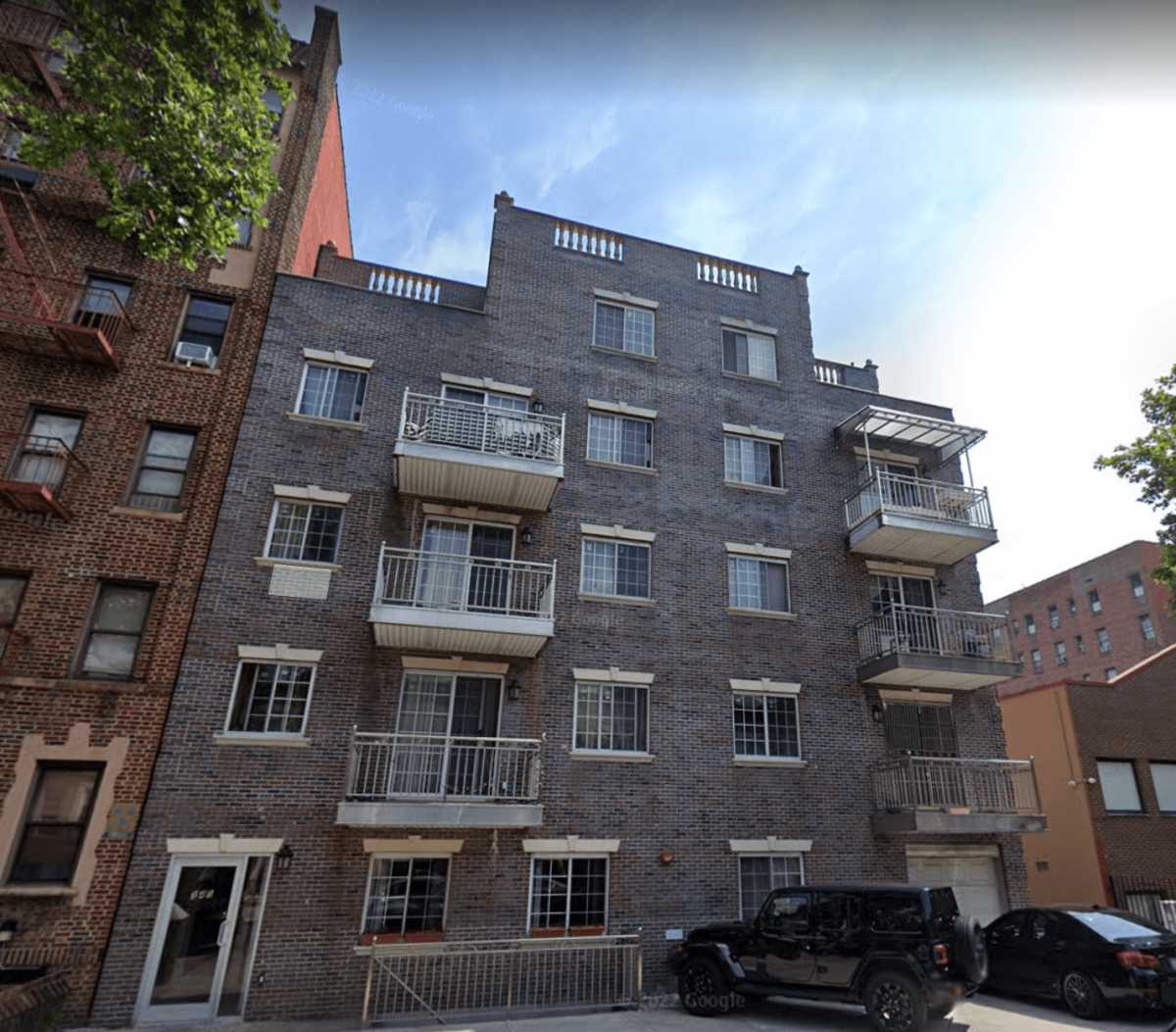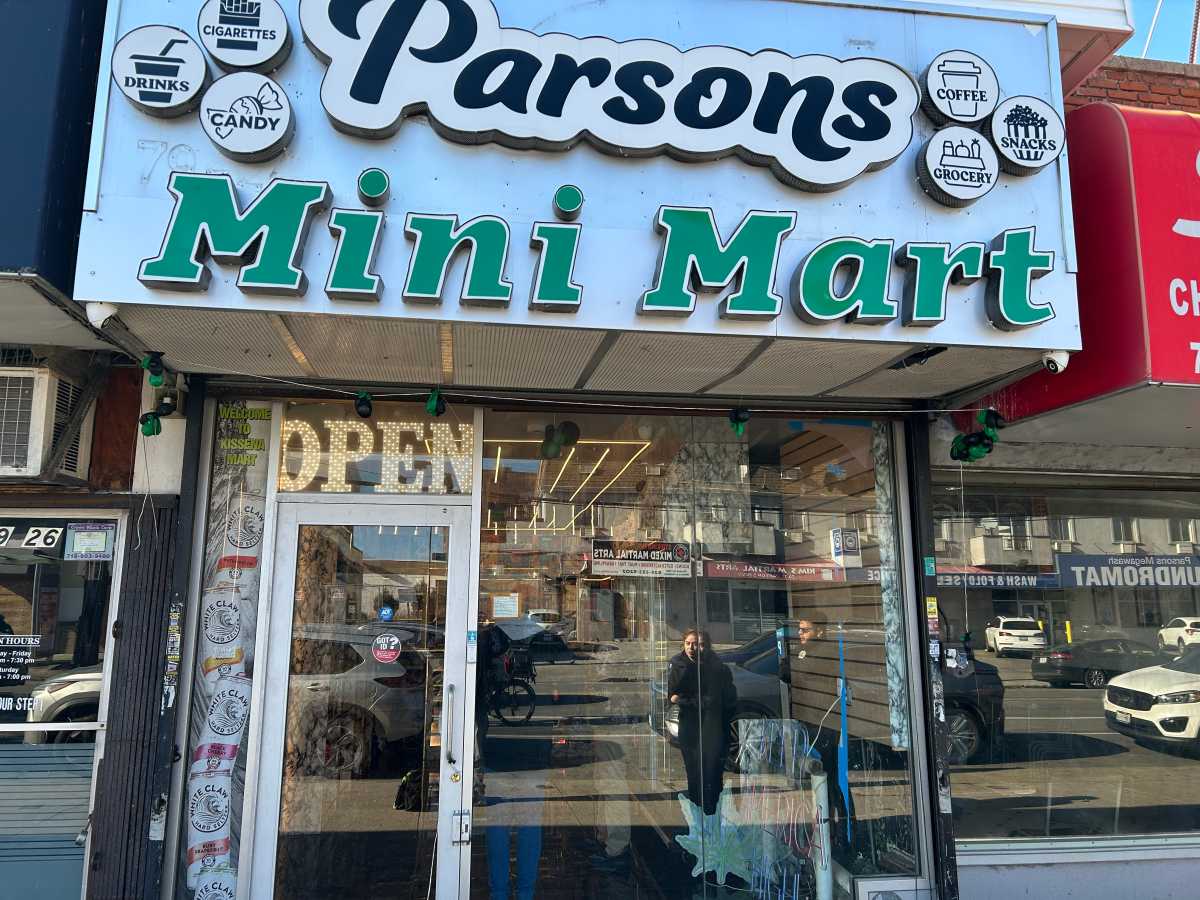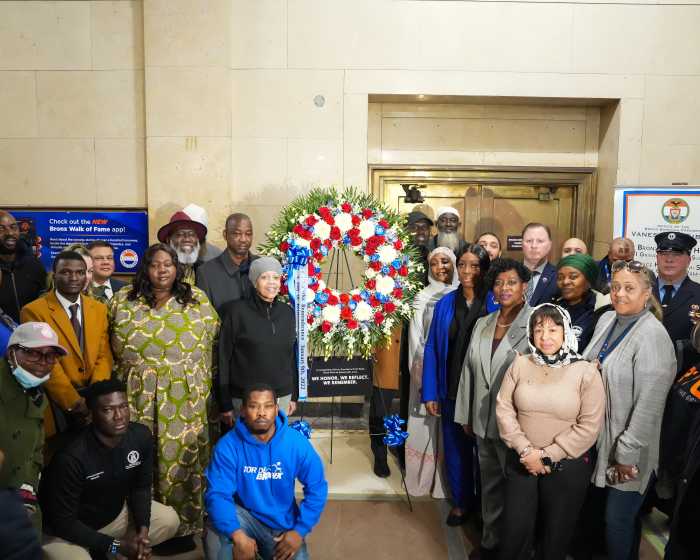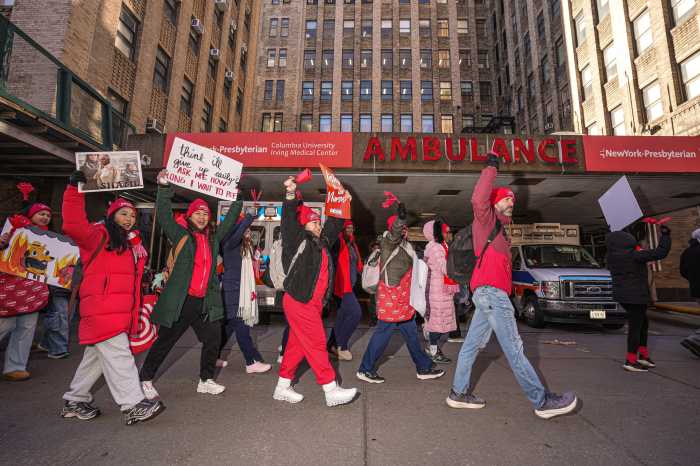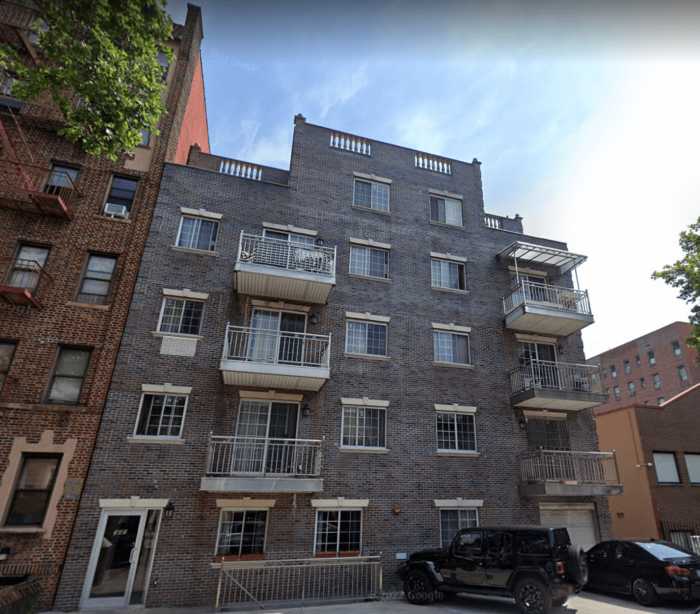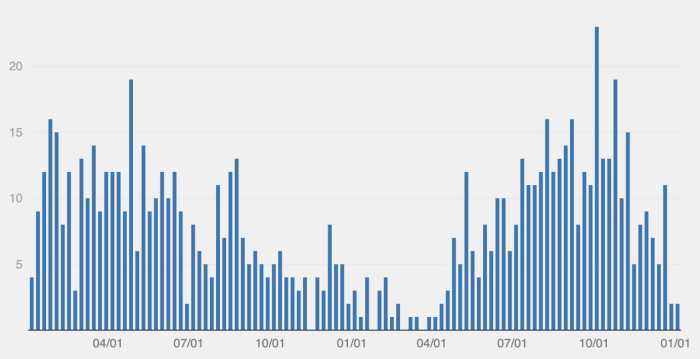BY Michael Mandelkern
Emma Ziegellaub Eichler
The Stuyvesant High School valedictorian with a 98.7 G.P.A. discusses her extracurricular endeavors, how she balanced them with a social life and A+ schoolwork, her college plans, what she likes and dislikes about Lower Manhattan and a very high profile speaker at her graduation.
What were your favorite subjects at Stuyvesant?
I really liked math and computer science, and also writing. But I found that the History Department was the strongest.
What did you do outside of class?
I wrote for my school’s newspaper [Stuyvesant Spectator] and literary magazine [Caliper] and was on the math team. I also performed at open mic shows and volunteered sorting archives at the Poets House near Stuyvesant. And I was the president and founder of the Harry Potter club.
Once you begin your first semester at Columbia, do you plan on remaining active in some of the extracurricular activities you took part in at Stuyvesant? Do you know what you want to major in?
I will keep writing for a literary magazine and I liked the workshops; it was a nice combination of publishing and working on writing. I want to start a Harry Potter club, something not academic but just fun. I might major in Math, Computer Science or Creative Writing, but I’m not sure yet.
It must be difficult to juggle all of these priorities. Were you always a hardworking student or did you go into high gear at one point in high school?
I’ve always worked very hard. At a certain point I realized it’s not possible to do everything perfectly. I’ve learned to prioritize things; projects are more important than homework. And I made a goal that every weekend I’d do something fun with friends and family.
What will you miss most about Stuyvesant?
You make your own communities and I’ve gotten to know my teachers very, very well. I’ve made very interesting friends.
You have spent a lot of time in Tribeca and Battery Park City during school. What do you think of the neighborhood?
I really liked it because I got to know a lot of people in the city. The city has so much to offer. I enjoyed seeing all these differences. But the area is becoming very gentrified and small businesses are being driven out. It is beautiful by the river though. I went to Pan Latin Café for lunch a lot. But it’s sad being near the World Trade Center because a lot of Stuyvesant alumni died on 9/11 and teachers were in the building. I’ve become fond of Battery Park City but I don’t think it’s a great place, there’s very little diversity. I mostly hang out in Tribeca. My neighborhood is very quiet and there’s not much to do, it’s almost like not being in the city. There’s lots of low buildings and outdoor space.
Did you have a long commute to Stuyvesant?
Yeah, I live in Washington Heights, almost on the other side of Manhattan. I had to get up early, get home really late. I love to read on the train, I usually study but I occasionally get really tired and fall asleep. I got used to it.
So are you excited to speak at your graduation?
I’m really, really excited; I’ve been looking forward to this. David Axelrod will be the best speaker. I will talk about Stuyvesant’s involvement in the 2008 presidential election. I will address a lot of memories, both humorous and meaningful, of teachers in the school. I don’t want to be too serious or cliché; I’ll be using some math analogies.
Wait, did you say David Axelrod? How did Stuyvesant get him to speak?
He went to Stuyvesant and usually the guest speaker is a famous alum. The principal asked him back to speak back in September but he didn’t announce it until very recently.
Everyone wanted Axelrod but we didn’t think he’d be willing to come. Now every alum is asking for graduation tickets. It’s going to be this Thursday at the Palace Theater, Broadway and 175th St. Student leaders, the saludictorian and I will get to sit on stage while he gives his speech, and he will be sitting when I do mine.
What would you ask Axelrod if you have the chance to talk to him?
I’m curious what he imagined he’d be doing after Stuyvesant back then. I also want to know what he thinks is the greatest goal for the nation and its biggest deficiency.
